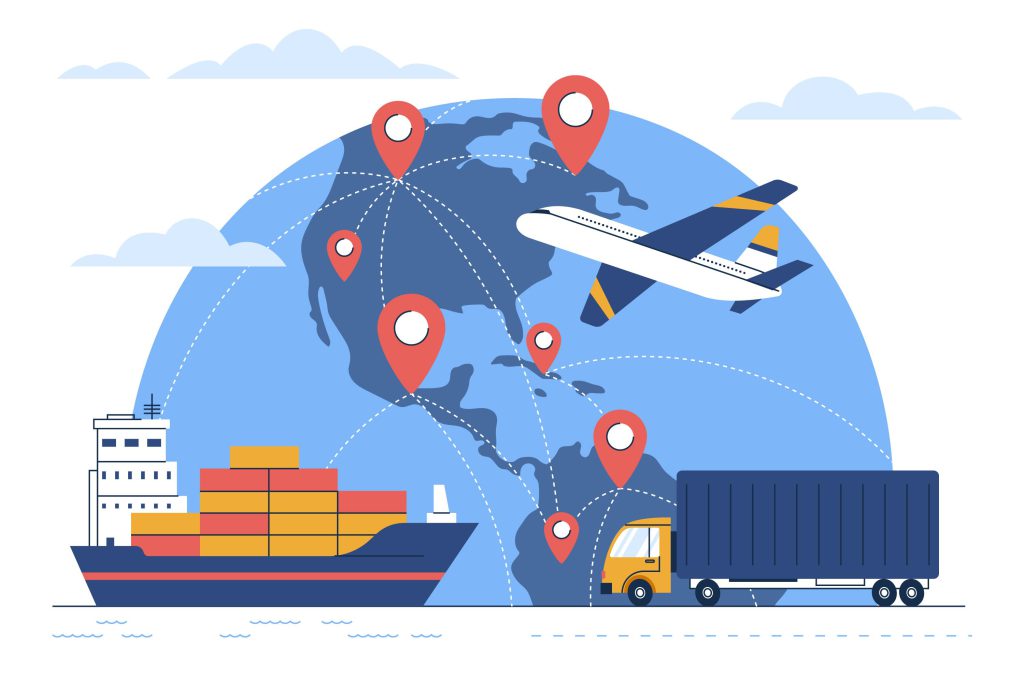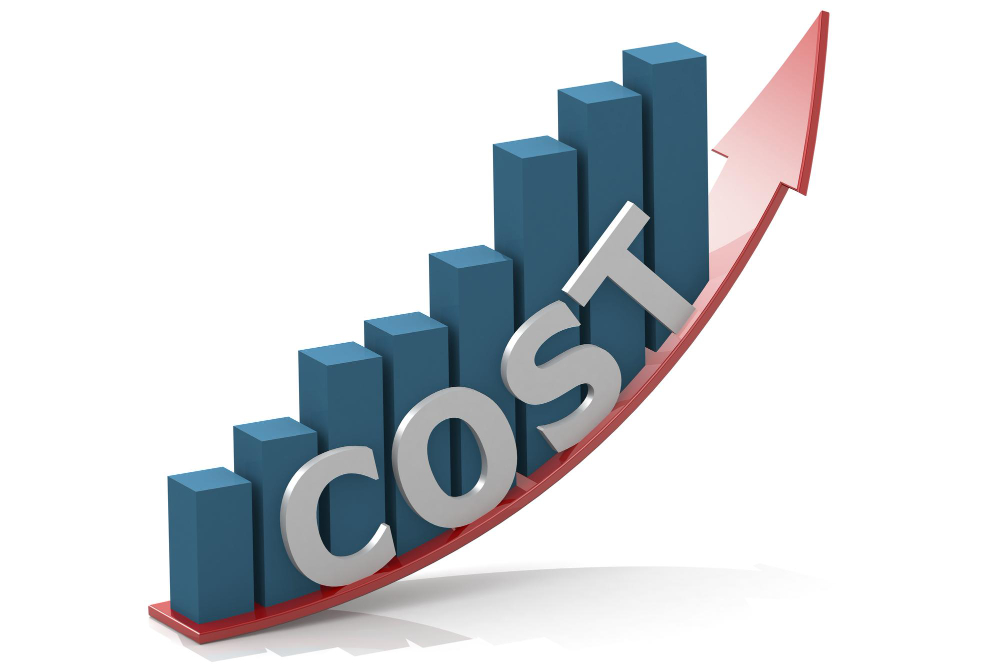In March 2025, the European Union imposed definitive anti-dumping duties on imports of fiberglass yarns from China, with rates from 26.3% to 56.1%. The European Glass Fiber Association believes that the EU’s sustainable industries and automotive business have become overly reliant on Chinese fiberglass exports since most Chinese manufacturers are gradually taking spots in European market. This decision aims to protect European manufacturers and to source adjustments of raw material price.

EU’s escalating trade barriers represent a serious challenge for the fiberglass sector, as it will significantly raise the cost of doing business in the EU market.
Pricing Pressures
Higher EU duties will drive up costs significantly for Chinese Laid Scrim exporters since the Chinese Laid Scrim product have long faced with 50% or higher duties at the EU border. This new regulation will substantially inflate the effective price of Chinese Laid Scrim products in Europe, companies relying on Chinese fiber glass yarns will face higher input costs which potentially leading to increased prices for end products or supply chain adjustments. Chinese companies that attempt to keep EU market share have to absorb a portion of the tariff to stay competitive, directly hitting profitability.
Sourcing Strategies
Heightened scrutiny at EU ports has become a reality. Chinese fiber glass products now face with detailed custom checks to enforce the duties and verify origin. This will lead to delays in clearing shipments and additional paperwork. These disruption add uncertainty and transit time, complicating supply contracts for timely deliver.
Given the difficulties in Europe, it is possible that laid scrim manufacturers will redirecting sales to other regions. Markets in Asia, the Middle East have become priority destination to absorb large fiberglass output. Increased orders have been found from construction and composites industries in developing markets, where the pricing can remain competitive. While substitute market often have lower profit margins, they are crucial outlets to keep production lines running.

Challenging Yet Promising
EU’s anti-dumping duties had a profound impact on Laid Scrim products. Chinese companies are grappling with increased costs and thinner margins, reworking strategies and even reshaping supply chains in response. This new regulation is one where Laid Scrim product must operate with caution – whether by raising prices, reinventing export routes or refocusing on friendlier markets. This is also a chance for Chinese Laid Scrim companies to become more efficient and strategic in the global arena. The coming years will test the company adapt to these imposed constraints.
